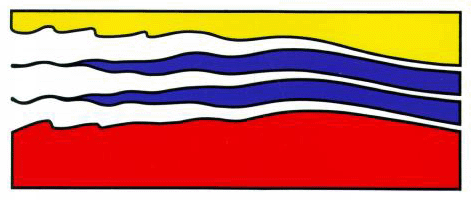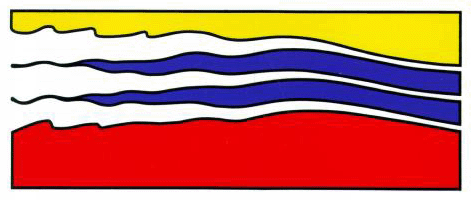
4111 Monarch Way, 3rd Floor
Old Dominion University
Norfolk, VA 23508
757-683-4940


To understand and project how marine ecosystems will respond
to changing climate conditions and direct human impacts such as
fisheries requires integrated ecosystem analyses at scales previously
unexplored. Analyses of Southern Ocean ecosystems are no exception.
Despite maintaining unique biological diversity there has been more than
two centuries of exploitation of living resources, the region is
experiencing rapid changes in ocean temperature and seasonal ice cover,
and showing significant changes at all trophic levels. However, complex
interactions within food webs modify responses of individual species and
influence the response of entire ecosystems to change. To make reliable
projections of the impacts of past and future change on Antarctic
ecosystems first requires a fundamental understanding of the factors
that determine both the structure and function of the food webs at
multiple scales. The ocean ecosystems around the west Antarctic
Peninsula and South Georgia provide a useful basis for developing
comparative analyses of Antarctic ocean ecosystems. There are clear and
expected differences in seasonality and species composition between the
two ecosystems, but these mask an underlying similarity in ecosystem
structure and function. This similarity results from the two ecosystems
being part of a continuum, from more ice-covered regions in the south to
open water regions in the north. Within this continuum the major
factors affecting ecosystem structure and function are the sea ice, the
biogeochemical conditions and the connectivity generated by the flow of
the Antarctic Circumpolar Current. The similarity of structure and
strong connectivy mean that the projections of future change will
require generic models of these ecosystems that can encompass changes in
structure and function within a connected continuum from ice-covered to
open water in winter.
Eileen Hofmann's research interests are in the areas of physical-biological interactions in marine ecosystems, climate control of diseases in marine shellfish populations, descriptive physical oceanography, and mathematical modeling of marine ecosystems. She has worked in a variety of marine environments, most recently the continental shelf region off the western Antarctic Peninsula. She is participating in the Integrating Climate and Ecosystem Dynamics in the Southern Ocean Program, which is an international multidisciplinary program focused on understanding linkages between food webs, biogeochemical cycles and climate.

|
Innovation Research Park Building I 4111 Monarch Way, 3rd Floor Old Dominion University Norfolk, VA 23508 757-683-4940 |

|